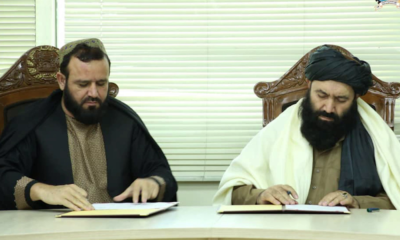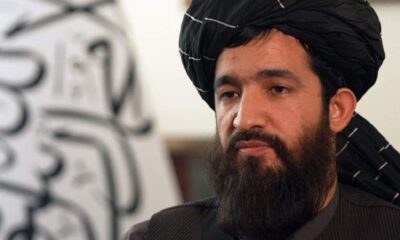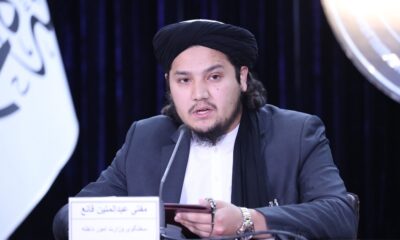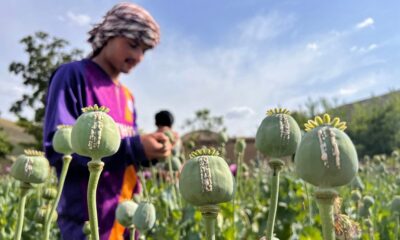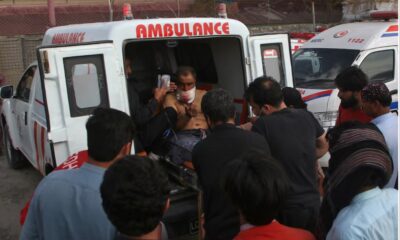Latest News
Hardline judge wins landslide in Iran presidential vote amid low turnout
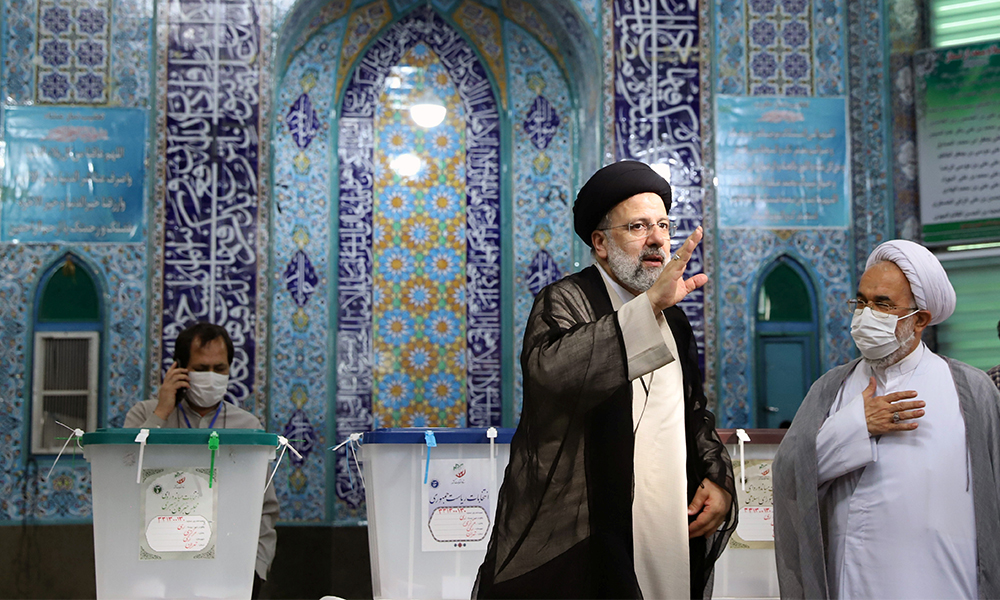
Ebrahim Raisi, a hardline judge under U.S. sanctions for human rights abuses, secured a landslide victory on Saturday in Iran‘s presidential election after a contest marked by voter apathy over economic hardships and political restrictions.
With some 90% of the 28.6 million ballots counted, Raisi’s tally was 17.8 million, interior ministry official Jamal Orfi said, giving him an unassailable lead.
Turnout in Friday’s four-man race was a record low of around 48%.
Appointed by Supreme Leader Ayatollah Ali Khamenei to the high-profile job of judiciary chief in 2019, Raisi was placed under U.S. sanctions a few months later over human rights violations.
Those included the role that human rights group say Raisi played in the executions of thousands of political prisoners in the 1988 and in the violent suppression of unrest in 2009.
Iran has never acknowledged the mass executions, and Raisi himself has never publicly addressed allegations about his role.
Seen by analysts and insiders as representing the security establishment at its most fearsome, Raisi had been widely tipped to win the contest, thanks to Khamenei’s endorsement.
Amnesty International’s Secretary General Agnès Callamard said Raisi’s election win was “a grim reminder that impunity reigns supreme in Iran“.
“We continue to call for Ebrahim Raisi to be investigated for his involvement in past and ongoing crimes under international law, including by states that exercise universal jurisdiction,” she said in a statement.
Outgoing pragmatist President Hassan Rouhani visited Raisi at his office to congratulate him, and Foreign Minister Mohammad Javad Zarif said he would lead Iran well.
“We will stand by and cooperate fully with the president-elect for the next 45 days, when the new government takes charge,” state media quoted Rouhani as saying.
NUCLEAR TALKS
Raisi’s election comes at a critical time.
Iran and six major powers are in talks to revive their 2015 nuclear deal. Then U.S. President Donald Trump abandoned the deal in 2018 and reimposed crippling sanctions that have squeezed Iran‘s oil income.
With Iran‘s ruling clerics aware their political fortunes rely on tackling worsening economic hardships, Raisi’s win will not disrupt Iran‘s effort to revive the pact and break free of tough U.S. oil and financial sanctions.
Khamenei, not the president, has the last say on all issue of state such as Iran‘s foreign and nuclear policies.
“We will make every effort in the new government to solve the problem of people’s livelihoods,” Raisi said, according to state media.
Seeking to win over voters preoccupied by bread-and-butter issues, Raisi has promised to create millions of jobs and tackle inflation, without offering a detailed political or economic programme.
Hoping to boost their legitimacy, the country’s clerical rulers had urged people to turn out and vote on Friday, but simmering anger over economic hardships and curbs on freedoms kept many Iranians at home.
Hundreds of dissidents, at home and abroad, had called for a boycott. However, Khamenei said the turnout displayed the clerical establishment’s popularity.
Another deterrent for many pro-reform voters was a lack of choice, after a hardline election body barred heavyweight moderates and conservatives from standing.
A U.S. State Department spokesperson said on Friday: “Iranians were denied their right to choose their own leaders in a free and fair electoral process” – a likely reference to the disqualification of candidates.
Many pro-reform Iranians fear Raisi’s presidency could usher in more repression.
“I am scared. I don’t want to go back to jail again. I am certain that any kind of dissent will not be tolerated,” said Hamidreza, who declined to give his full name. He was jailed for participating in unrest in 2019 that broke out over fuel price hikes and quickly turned political.
Analysts say the election win could increase Raisi’s chances of succeeding Khamenei, who himself served two terms as president before becoming supreme leader in 1989.
Latest News
MoRRD signs deal for Wakhan road construction
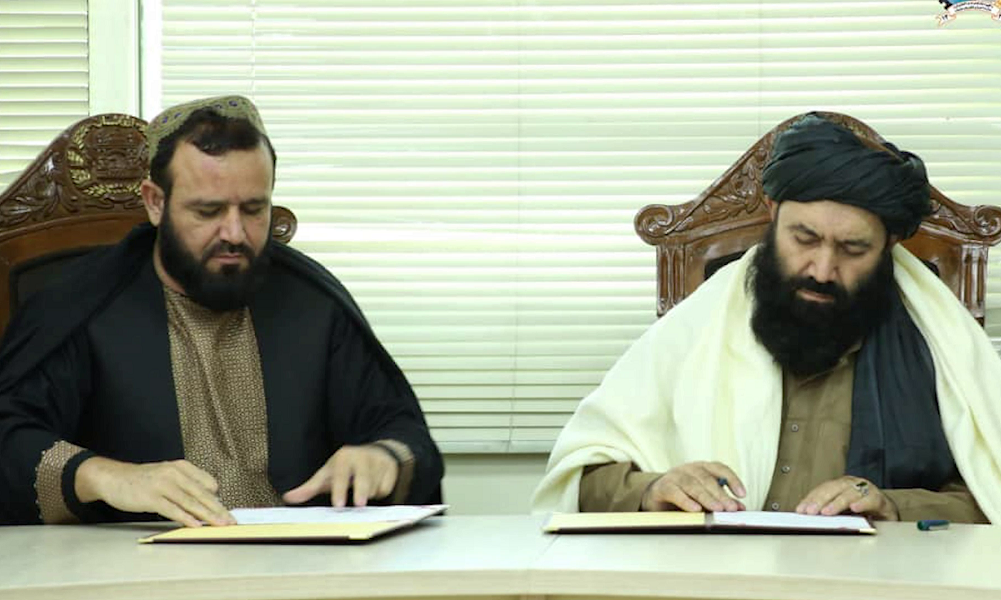
The Ministry of Rural Rehabilitation and Development (MoRRD) announced on Thursday it had signed a 143-million AFN agreement with a private company for the gravelling of the second phase of the Wakhan road in northeastern Badakhshan province.
Speaking at a ceremony to mark the occasion in Kabul, the ministry’s spokesman Mohammad Younus Akhundzada said the road holds significant economic importance for Afghanistan, stating that once it is completed, it will connect Afghanistan to China.
According to Younus Akhundzada, the contract includes the construction of 71 kilometers of road worth 143 million AFN. He stated that by the end of the next [1404] solar year, the construction will be completed.
He emphasized that the practical work on the project will begin once the weather warms up.
Meanwhile, officials from the contracting company also assured the ministry that the road construction work will be completed on time.
“We can only work for four or five months each season, not throughout the year,” said Ghausuddin, chief of the contracting company.
Wakhan Road is 121 kilometers long, with the first phase of work started last year in the Little Pamir. Now, only the construction work remains, which will be completed in the upcoming year.
Latest News
IEA rejects Pakistan’s claim of Balochistan train attack being orchestrated from Afghanistan
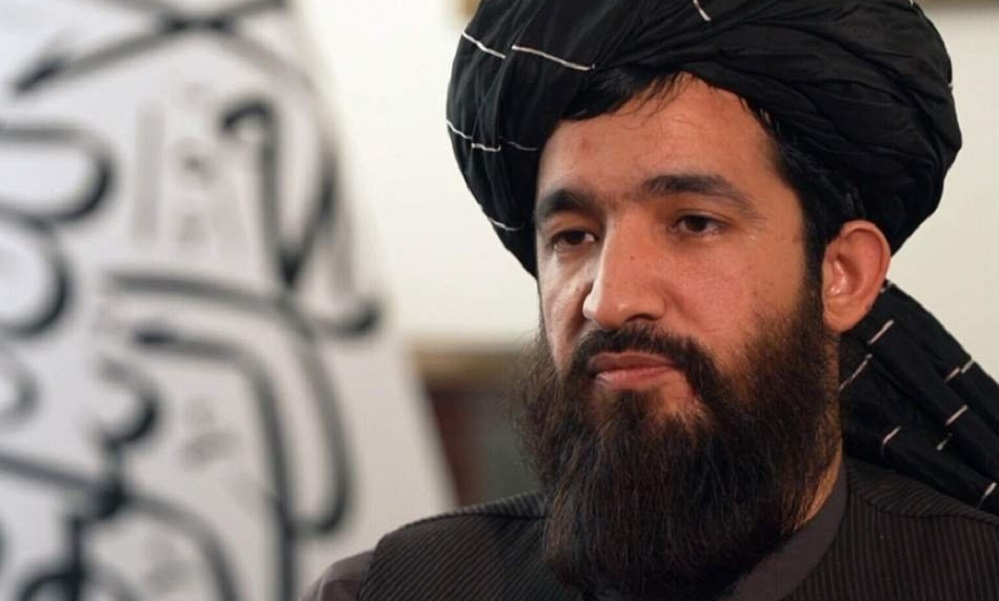
The Islamic Emirate of Afghanistan has rejected allegations by Pakistani army spokesman linking the attack on a passenger train in Balochistan province with militants in Afghanistan.
The IEA urged Pakistan to focus on resolving their own security issues and internal problems instead of making such “irresponsible remarks”.
“No members of Balouch opposition have a presence in Afghanistan, nor have they ever had one or have any links with the Islamic Emirate.
“We are saddened by the loss of life of innocents in the incident. Sacrificing civilians for political objectives is unjustifiable,” the IEA said.
This comes after the Pakistan Army alleged that the attack on a passenger train in Balochistan this week was orchestrated by militants based in Afghanistan.
The assault on the train, which was carrying 400 passengers, began on Tuesday afternoon and continued until Wednesday. The attack resulted in the deaths of 21 passengers, 33 assailants, and four soldiers.
The Balochistan Liberation Army has claimed responsibility for the incident.
Latest News
Narcotics production has ‘significantly’ dropped in Afghanistan: Qane
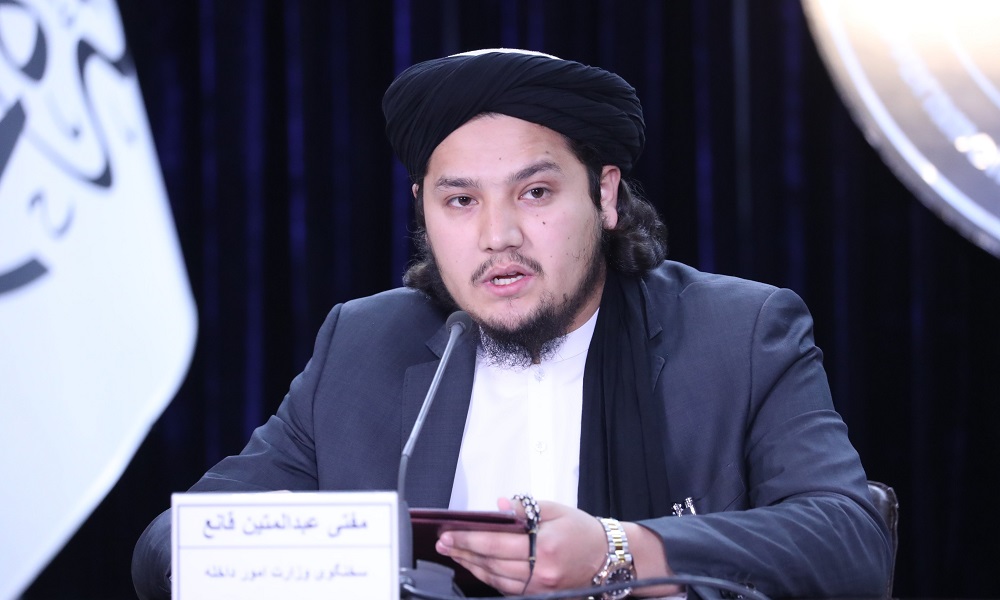
The Ministry of Interior Affairs spokesman Abdul Matin Qane says the processing and smuggling of narcotics in Afghanistan has “significantly” decreased, and that the police forces combating drugs have made “important achievements” in preventing the cultivation, production, and smuggling of drugs.
Qane made these remarks in response to a recent report by the United Nations Office on Drugs and Crime and added: “We assure that the drug enforcement police have intensified their efforts in the fight against narcotics more than ever, and this process will continue.”
The recent report from the United Nations Office on Drugs and Crime mentions that the price of opium has increased in Afghanistan.
In response to this report, Qane stated: “It is normal that when there is no production or supply, the price increases several times, and the statements from the mentioned office are a clear indication of the seriousness of the Islamic Emirate of Afghanistan in eradicating narcotics from the country.”
-
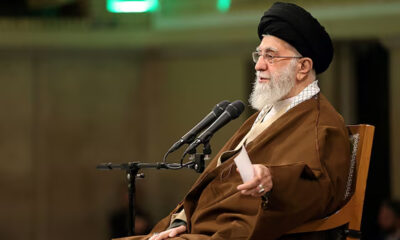
 Regional5 days ago
Regional5 days agoIran will not negotiate under US ‘bullying’, Supreme Leader says
-
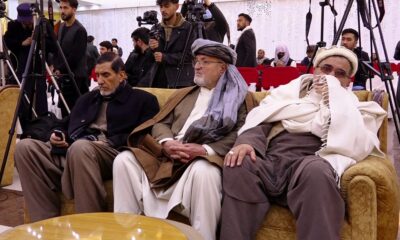
 Latest News5 days ago
Latest News5 days agoFormer Afghan military personnel protest Trump’s call for return of arms
-
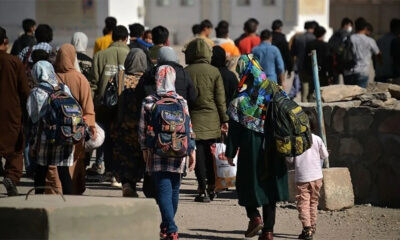
 Latest News4 days ago
Latest News4 days agoIran’s interior ministry outlines new rules for Afghan nationals living in Iran
-

 International Sports4 days ago
International Sports4 days agoKohli praises teammates for unbeaten Champions Trophy campaign
-

 Latest News4 days ago
Latest News4 days agoPulling plug on Ukraine would ‘be worse than Afghanistan’, US senator says
-
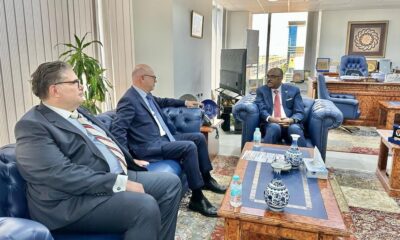
 Latest News4 days ago
Latest News4 days agoTurkish envoy meets with OIC for talks on Afghanistan
-

 Latest News4 days ago
Latest News4 days agoAfghanistan, Pakistan forces at Torkham border agree to two-day ceasefire
-
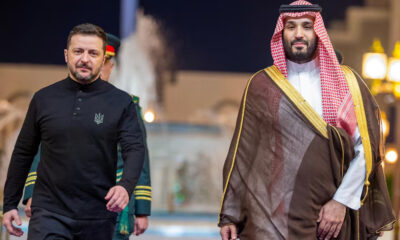
 World3 days ago
World3 days agoZelenskiy in Saudi Arabia as US voices hope for Ukraine peace talks


